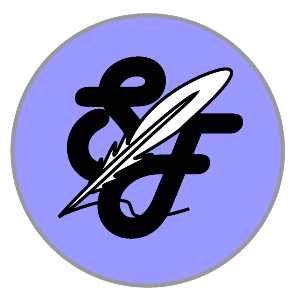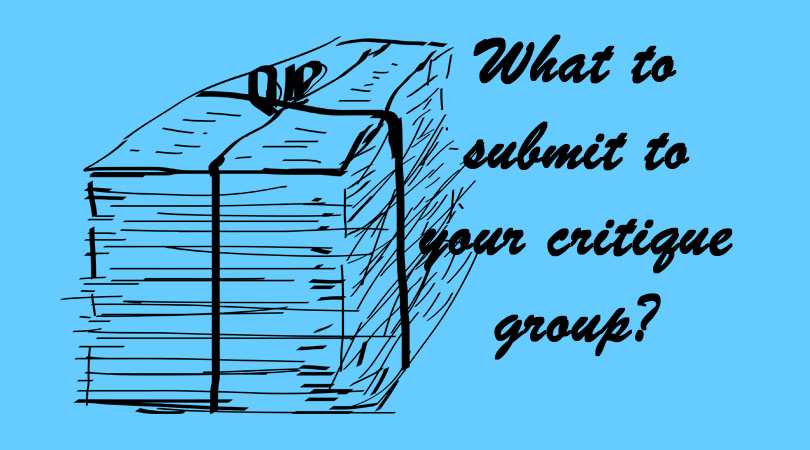
Material submitted to a critique group is somewhere between a first draft and the final draft and may be an entire short story or just a few scenes from a novel.
On one hand, a true first draft is riddled with grammar and spelling problems, best fixed with a grammar and spell checker like Grammarly or ProWritingAid. A critique group should not waste time commenting on, or suggesting fixes for, things the writer and a little software could resolve. On the other hand, an author will be reluctant to change a nearly final draft in a way that might introduce typographical errors or inconsistent plot elements.
Consequently, the group functions most efficiently by critiquing work in the middle of the editing process. The author should have already read the section out-loud and edited it a couple of times at home. Most finished works are edited by the author at least ten times.
Submitted work should be formatted to make critiquing as easy as possible. In the larger scope of a novel, a few introductory comments by the author are greatly appreciated by readers.
Some critiquers lament “the ten page syndrome” which is a limited critique due to inadequate information beyond the ten pages submitted.
Below are guidelines to format text being submitted to a critique group. The format is the same for printed and online material:
- Include brief single-spaced introductory comments:
- Page numbers covered in the working manuscript (e.g. 78-85). The submitted material may have different numbers.
- Who are the main characters presented
- What has happened in the story so far
- When is the story taking place
- Where is the story taking place
- Outline location:
- Act 1, first half of act 2, second half of act 2, act 3, or denouement (resolution)
- The header should include the title, author and page number
- Use an easy to read font like Times New Roman or Ariel
- Double space the story
- Include underlined chapter titles
- Separate scenes with a special character like “#”

R. C. Beckett was given a collection of Fantasy and Science Fiction Magazines as a teenager and read hundreds of the stories — he was hooked and started writing fiction in 2013. He loves to write hard science fiction, but can’t help adding a bit of humor. Publications: “Exit Mars” and “Exit Earth” (available on Amazon). “Exit Pluto”, the third in the Exit series, should be published in the near future. He is finishing up a new novel, Legacy of Earth. He lives in Golden Colorado and is a member of Rocky Mountain Fiction Writers. Walking his dog is key to his writing since that’s when he imagines plots for his stories. He also volunteers as a webmaster for non-profit companies including SpecFicWriters.

